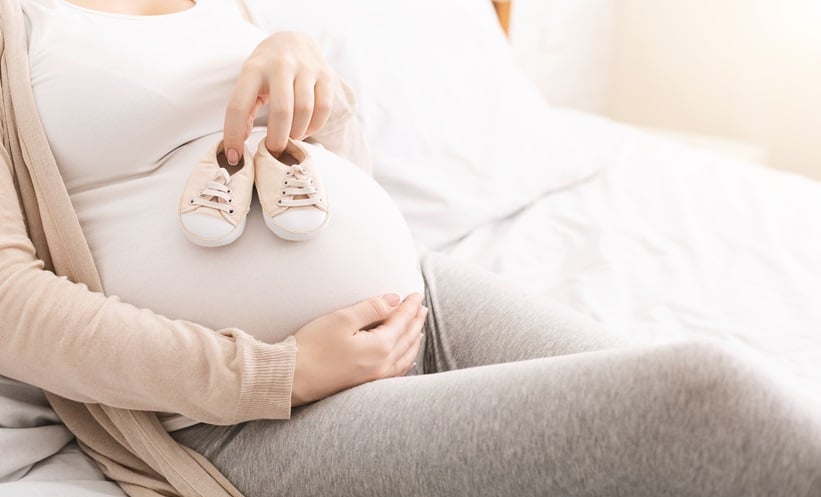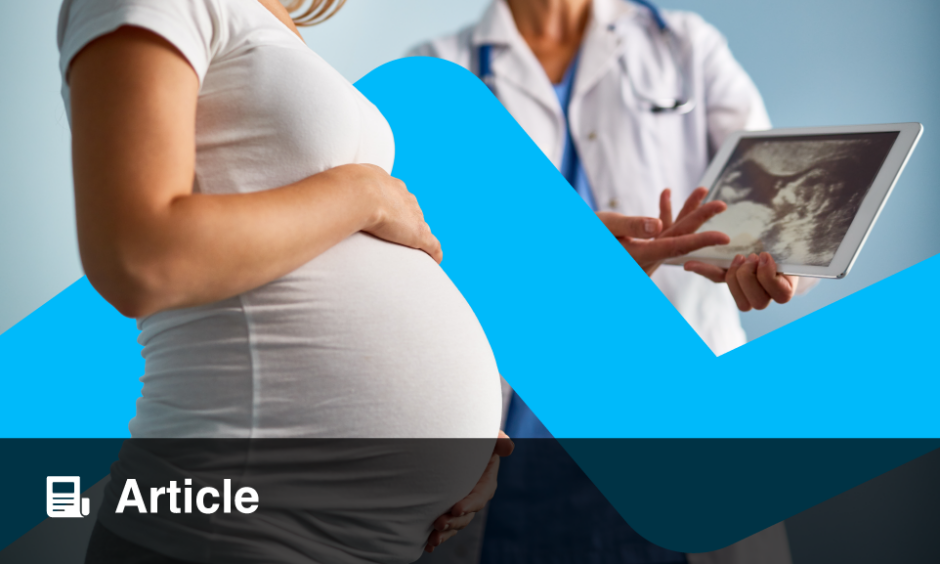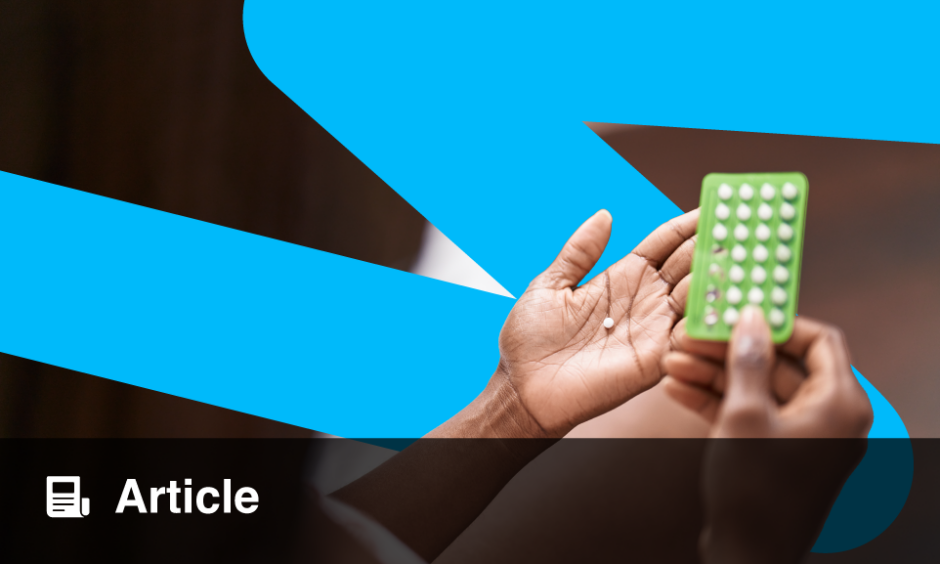A RECENT study found a strong association between the consumption of sugary and non-sugar-sweetened beverages during pregnancy and adverse health outcomes for both mothers and their babies. Raising concern over the rise in beverage consumption among pregnant women and the potential health impacts.
Researchers selected participants from 16 districts in Shanghai, China, using a multi-stage random sampling method, and categorised each district into five zones. They randomly selected 30 pregnant women from each of two towns per zone, collecting data through face-to-face questionnaires and following up on births within a year after the survey. Results showed that the consumption rates of total beverages (TB), sugar-sweetened beverages (SSB), and non-sugar-sweetened beverages (NSS) were 73.2%, 72.8%, and 13.5%, respectively.
The analysis revealed that pregnant women consuming TB three times or less per week had a 38.4% increased risk of gestational diabetes mellitus (GDM) and a 64.2% increased risk of gestational hypertension (GH). Those consuming TB four or more times per week faced a 154.3% higher risk of GDM and a 169.3% increased risk of GH. Similar results were observed for SSB consumption.
Furthermore, excessive beverage consumption was also linked to adverse outcomes in offspring. Pregnant women who consumed TB four or more times per week had a significantly higher risk of their babies being born with macrosomia (large birth weight) and being large for gestational age (LGA). Specifically, the risk of macrosomia was over two times higher, and the risk of LGA was nearly 1.7 times higher compared to non-consumers. Notably, the consumption of NSS was associated with an even greater risk, with the odds of macrosomia being over six times higher and LGA being over seven times higher.
These findings stress the need for greater attention to beverage consumption habits among pregnant women. The researchers emphasised the importance of moderating the intake of both sugary and non-sugar-sweetened beverages to mitigate these health risks. The researchers also call for public health initiatives to educate pregnant women about the potential dangers of excessive beverage consumption and to promote healthier alternatives to protect both maternal and child health.
Aleksandra Zurowska, EMJ
Reference:
Wang Z et al. Association of Beverage Consumption during Pregnancy with Adverse Maternal and Offspring Outcomes. Nutrients. 2024;16(15):2412.








